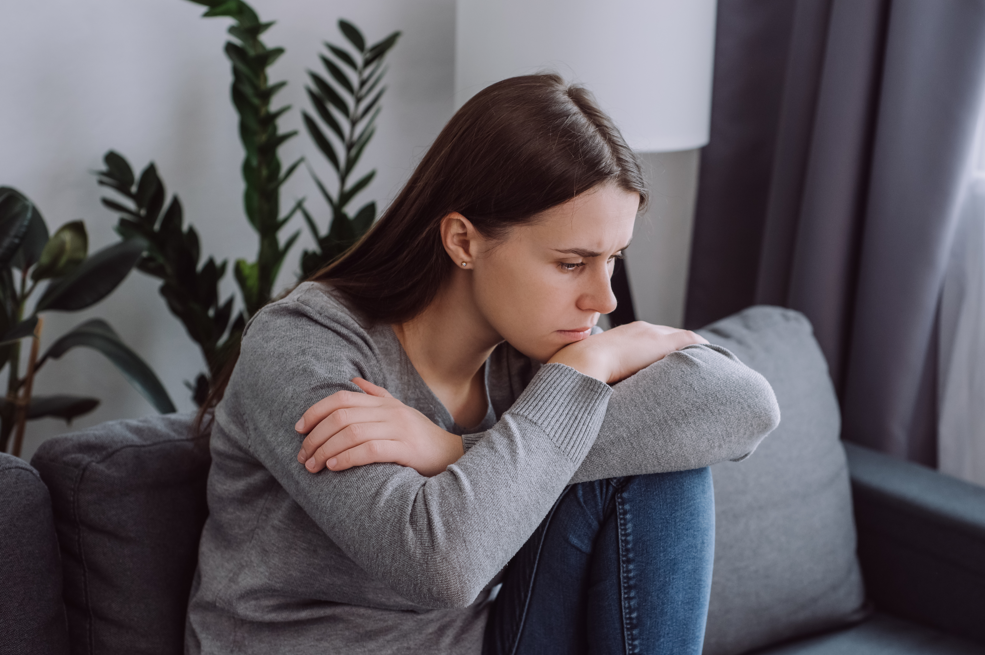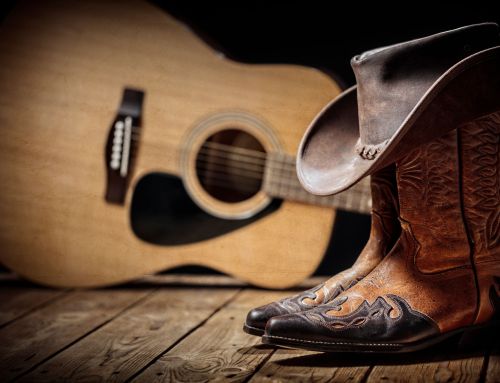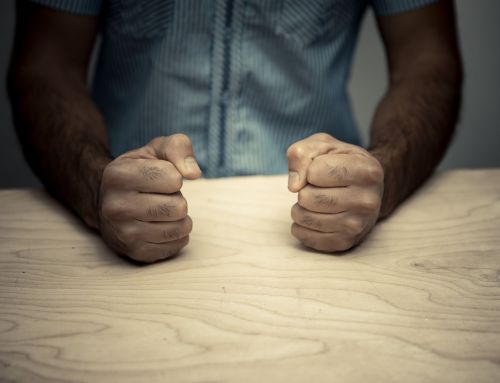
Before you enter rehab, it’s normal for you and your loved ones to have uncertainty. Fear of the unknown often keeps people like you from seeking the treatment that they need. However, you’ll soon learn that one of the hardest parts of seeking rehab treatment is walking through the door for the first time.
Once you get into rehab, you’ll settle into a daily routine that will help you take positive steps toward living a life without substance abuse. That said, what is a typical day in rehab like? Getting the answer to this question might be just the reassurance that you need to finally take the first step toward getting treatment.
What Is Rehab Like?
To make you feel more at ease with what a typical day in rehab is like, let’s walk through it. Using this information, you’ll see that you have nothing to fear from seeking rehab treatment. Rather than a place to fear, rehab is a place of healing.
It’s essential to remember that rehab is here to help not only you but also others. When you come in with a negative attitude, it affects those around you. Instead, go into rehab with a positive mindset. Rehab is only as helpful as you allow it to be.
Starting Your Day: Early Morning
In rehab, mornings typically start early. You begin by watching the sunrise and planning your goals for the day. Having daily goals is an important part of staying on track during rehab. Along with keeping you focused, completing goals makes you feel good and helps you maintain motivation throughout treatment.
After setting your goals but before starting the rest of your day, you may participate in yoga or meditation. These activities not only get you ready to go for the rest of the day but also provide extra time for reflection. Self-reflection plays an important role in rehab. The more that you can do it, the more that you’ll get out of the whole experience.
Healthy Eating and Preparing for the Day
Once you’re done setting goals and meditating, it’s time to eat a healthy, well-balanced breakfast. You won’t be able to overcome addiction or mental health issues without a proper breakfast. Eating right provides your brain with the nutrition it needs to focus on the challenges that you’ll face for the day.
If you take any medications, you’ll receive those during breakfast. Typically, staff at the rehab center handles and distributes medications of any kind. This is, of course, for safety reasons.
After breakfast, you might have a little free time before you tackle the therapy to come. You may do a little journaling, which will help you focus. On the other hand, you may get your blood pumping and burn off some of the calories from breakfast by going for a walk.
The key takeaway here is that rehab doesn’t always put you on a strict schedule. You’ll have moments of downtime to engage in other activities. How you choose to spend this free time is up to you, but focusing on self-improvement is always the best option.
Starting Therapy for the Day: Mid-Morning
Once breakfast is over and your free time ends, it’s time to start your morning therapy sessions. Therapy is the cornerstone of treatment. In most cases, you’ll participate in group therapy sessions after breakfast. These sessions help you build healthy relationships with other adults and provide a support system.
Understanding the Types of Group Therapy
Group therapy comes in many forms. In fact, the term “group therapy” is an umbrella that refers to many types of therapy. In most cases, it involves multiple individuals engaging in a discussion that a certified therapist leads. Psychoeducational and process-oriented therapies are two examples. Some of the benefits of group therapy include:
- Improves speaking skills.
- Builds trust.
- Develops skills that help deal with conflict.
- Teaches the power of having a support system.
- Instills the importance of accountability.
Like after breakfast, you could have some free time to yourself after morning group therapy. Usually, the rehab center staff recommend that you write in your journal to help you reflect on the breakthroughs that you made during the session.
Time for Lunch: Noon
Group therapy can be emotionally exhausting. Thankfully, it’s usually lunchtime after the morning session. The break gives you time to relax and nourish your body. After all, addiction is a hard battle that you can’t win on an empty stomach.
One of the great things about lunchtime in rehab is that you can turn it into a social activity. You can make new connections. The support system that you build can make all the difference in overcoming your addiction.
Next Round of Therapy Starts: Afternoon
What is rehab like? It’s a lot of going to therapy and learning to overcome your addiction. Once you finish lunch and socializing, it’s time to start the next round of therapy sessions for the day. Typically, these therapy sessions differ from the morning group sessions.
The type of one-on-one therapy that you receive depends greatly on the rehab center that you choose. However, there are some specific types of therapy that have proved to be helpful in overcoming addiction. Below is a quick breakdown of these therapies, so make sure that your rehab center offers them.
Cognitive Behavioral Therapy
CBT is based on the theory that, if you can change the way a person thinks, you can change the way that the person behaves. It’s all about ridding yourself of negative thoughts in order to get rid of negative behaviors.
Of course, CBT isn’t just good at helping people overcome addiction. It’s beneficial in helping people deal with other mental issues as well. It’s an important part of rehab because people very rarely suffer from addiction alone. They typically have other underlying mental issues. CBT and dual-diagnosis treatment can deal with both.
Family Therapy
Oftentimes, the root cause of an addiction starts within the home. Family therapy is a great way to unearth the cause. Also, addiction doesn’t only affect the person with the addiction. It affects those around that individual too.
Family therapy doesn’t have to just involve blood relatives. Anyone who you consider to be close or like family can participate in family therapy. This includes adopted parents, spouses, in-laws, and even best friends or roommates. The goal here is to rebuild the relationships that addiction has strained.
Relapse Prevention
Addiction isn’t an illness that medicine can cure. It’s a chronic disease that you must learn to manage, like diabetes or heart disease. That’s why it’s crucial to have a relapse prevention plan in place. The risk of relapse is always there, so it’s vital to have a plan to avoid it.
Relapse prevention sessions help you develop a plan that you put into action in the real world. The environment is always in your favor during rehab, but that won’t always be the case when you get out. You might find yourself around temptations or triggers.
Usually, relapse prevention sessions involve teaching you how to spot internal and external triggers. Your relapse prevention plan will give you steps to take in the event that you start feeling like you may spin out of control.
Night Therapy Sessions: Evening
Before the day ends, you’ll have more therapy sessions to go to. Often, late-night therapy sessions are a mix of one-on-one and group therapy. It just depends on your personal treatment program.
Sometimes, the day ends with a 12-step meeting or a group meeting where you can talk about your successes or failures throughout the day. Talking about them can motivate you to continue treatment or do better tomorrow. You’ll even learn that others deal with the same daily struggles as you.
Dinner and Bedtime
Depending on your schedule, dinner happens either before or after your evening therapy sessions. Like breakfast and lunch, dinner is an essential meal that keeps you healthy. Once you’re finished with dinner and therapy, it’s time to start getting ready for bed.
In rehab, bedtime comes early. You need to go to sleep early so that you can get up early to prepare for tomorrow. Additionally, it helps get you on a schedule for when you get out of rehab.
Nighttime is full of temptation. There’s an old saying that “nothing good ever happens after dark.” When struggling with addiction, this saying carries even more weight. Getting into the habit of going to bed early and continuing that routine once you get out of rehab can replace some of your more negative habits.
Visit North Jersey Recovery Center for Rehab Treatment You Can Count On
At North Jersey Recovery Center, we pride ourselves on offering high-quality drug and alcohol abuse treatment that works. We offer a wide array of services that can help you overcome addiction. Some of the programs that we offer include:
- Sober living.
- Dual-diagnosis treatment.
- Intensive outpatient rehab.
- Inpatient treatment.
- Relapse prevention planning.
- Therapy services.
Don’t wait any longer to get help for yourself or a loved one who struggles with drug addiction. Contact us to learn more about creating a custom treatment plan that fits your needs.






